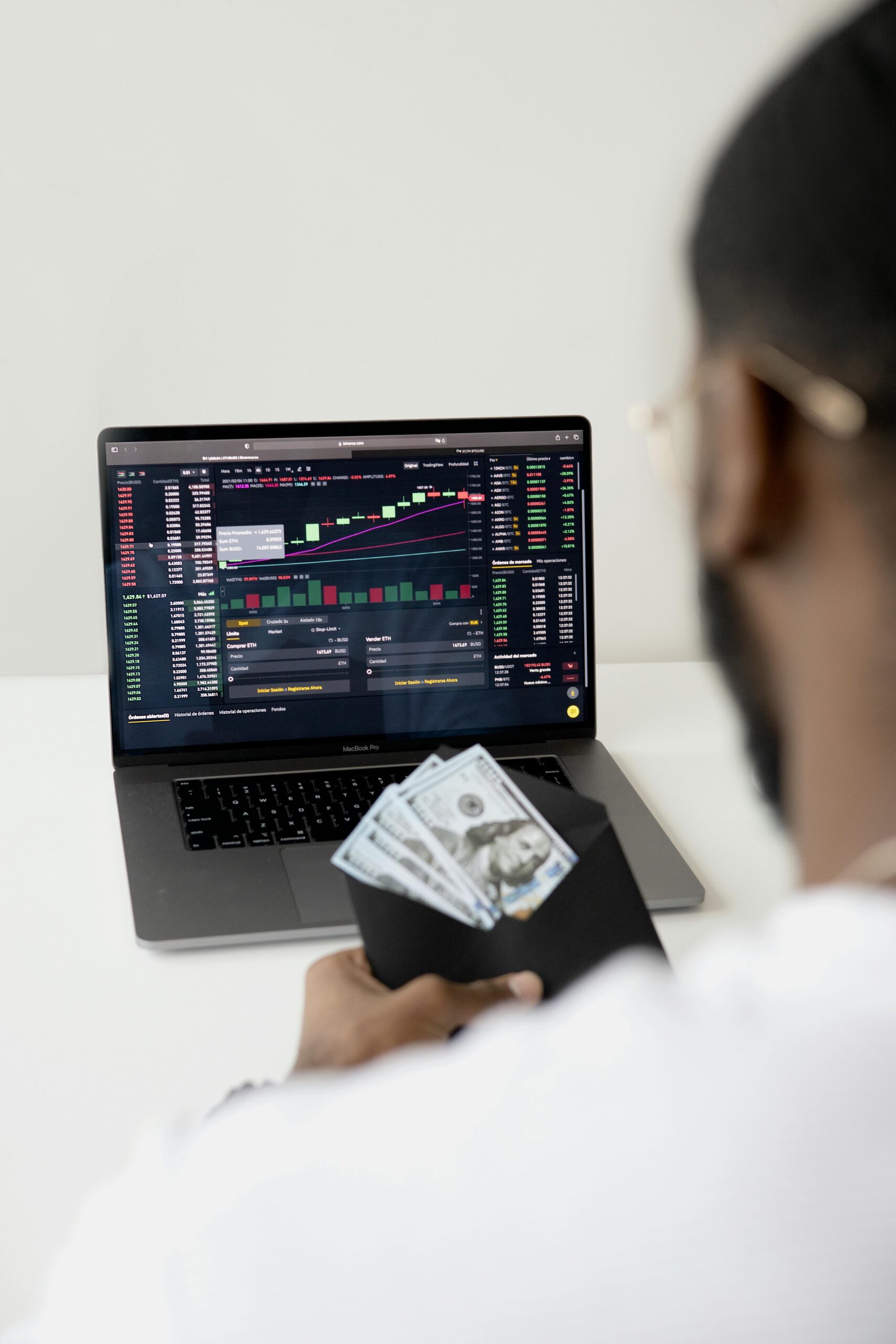Do you want to become an independent trader? Then, you must acquire the necessary skills to be successful. Trading can be a complex and intimidating task, but with the proper preparation and knowledge, anyone can master it. This article will discuss five essential skills that all traders need to succeed in their trading ventures.
We’ll look at how each skill contributes to the overall strategy of a trader and provide helpful tips on how best to develop them for optimal performance in the market. By the end of this article, you’ll better understand what it takes to thrive as a trader and which strategies will give you an edge over your competition.
Technical analysis – the ability to interpret market trends and predict future prices
Technical analysis is a well-known method employed to gauge market trends and predict future prices of various securities. This approach is based on the premise that market trends, fees, and trading volume are not accidental but are influenced by multiple factors that can be analysed to make informed trading decisions. Technical analysis can be applied to different types of securities, including stocks, bonds, currencies, and commodities.
It involves studying patterns, chart formations, indicators, and trends to identify potential entry and exit points. In essence, technical analysis offers investors the means to make more informed decisions using comprehensive data, market insights, and advanced trading tools. This method allows investors to make market predictions rooted in historical data and based on sound analytical research.
Risk management – understanding the risk/reward ratio and adequately managing your capital
Risk management is an integral aspect of trading that involves identifying, assessing, and controlling potential risks. In financial markets, risk is the possibility of losing all or part of your invested capital. A trader’s ability to manage risk effectively can significantly affect their overall profit and loss margins. To be successful, traders must understand the concept of the risk/reward ratio and its role in their trading strategy.
The risk/reward ratio measures how much profit you expect to achieve compared to the amount of capital put at risk. It helps traders assess whether a trade is worth taking based on its potential returns versus potential losses. By understanding this concept, traders can make informed decisions about their trades and protect their capital from excessive losses. Risk management also involves diversifying your portfolio to minimise the impact of potential losses on your overall trading performance.
Money management – knowing when to take profits, cut losses, and use leverage wisely
Money management is a crucial skill in trading that involves properly managing and allocating your capital. It is the process of determining how much to invest in each trade when to take profits, and when to cut losses. Traders must clearly understand their risk tolerance and set realistic profit targets to manage their money effectively.
Additionally, traders should be aware of leverage and how to use it wisely. Leverage is a powerful tool that allows traders to increase their exposure in the market without having to invest large amounts of capital. However, leverage can amplify losses and lead to significant financial setbacks if not used properly. Therefore, traders need to understand money management principles and use them in their trading strategies.
Psychology – controlling emotions and maintaining a composed demeanour during volatile times
Trading can bring about a range of emotions, from excitement and euphoria to fear and anxiety. The ability to control these emotions while making trading decisions is crucial for success in the market. Psychology plays a significant role in trading, affecting how traders perceive and react to market movements. A trader’s mindset determines their risk appetite, decision-making process, and overall performance in the market.
To be a successful trader, it’s vital to develop discipline and emotional control to avoid making impulsive decisions based on emotions. Traders should also have a positive attitude towards losses, as they are an inevitable part of trading. By staying composed and having a solid mindset, traders can handle the ups and downs of the market with resilience and make better-informed decisions.
Research – staying up-to-date on market news, economic events, and new trading strategies
Staying informed and up-to-date on market news, economic events, and new trading strategies is essential for any trader. Research involves continually gathering information and analysing data to make informed trading decisions. Traders should stay updated on current market trends, news that may impact the market, and changes in regulations or policies that may affect their trades.
Moreover, research also involves keeping up with new trading strategies and techniques to improve one’s performance in the market. By staying informed, traders can identify potential opportunities and make well-informed decisions that align with their overall trading strategy.

